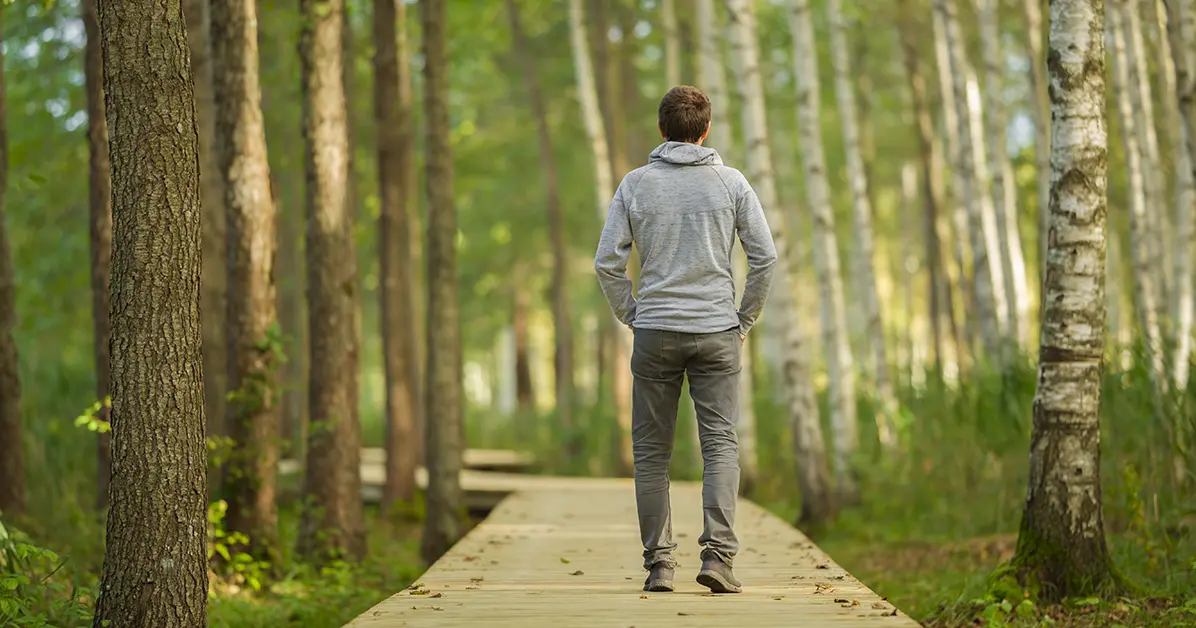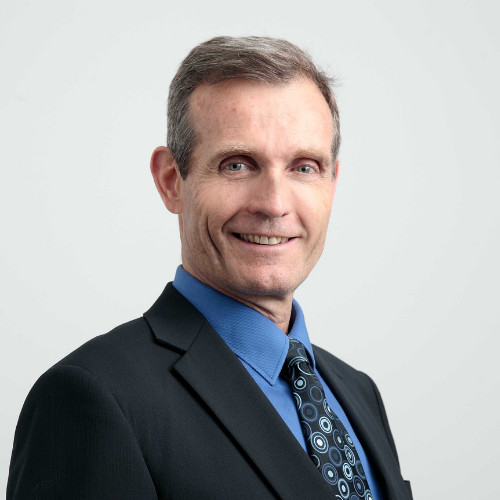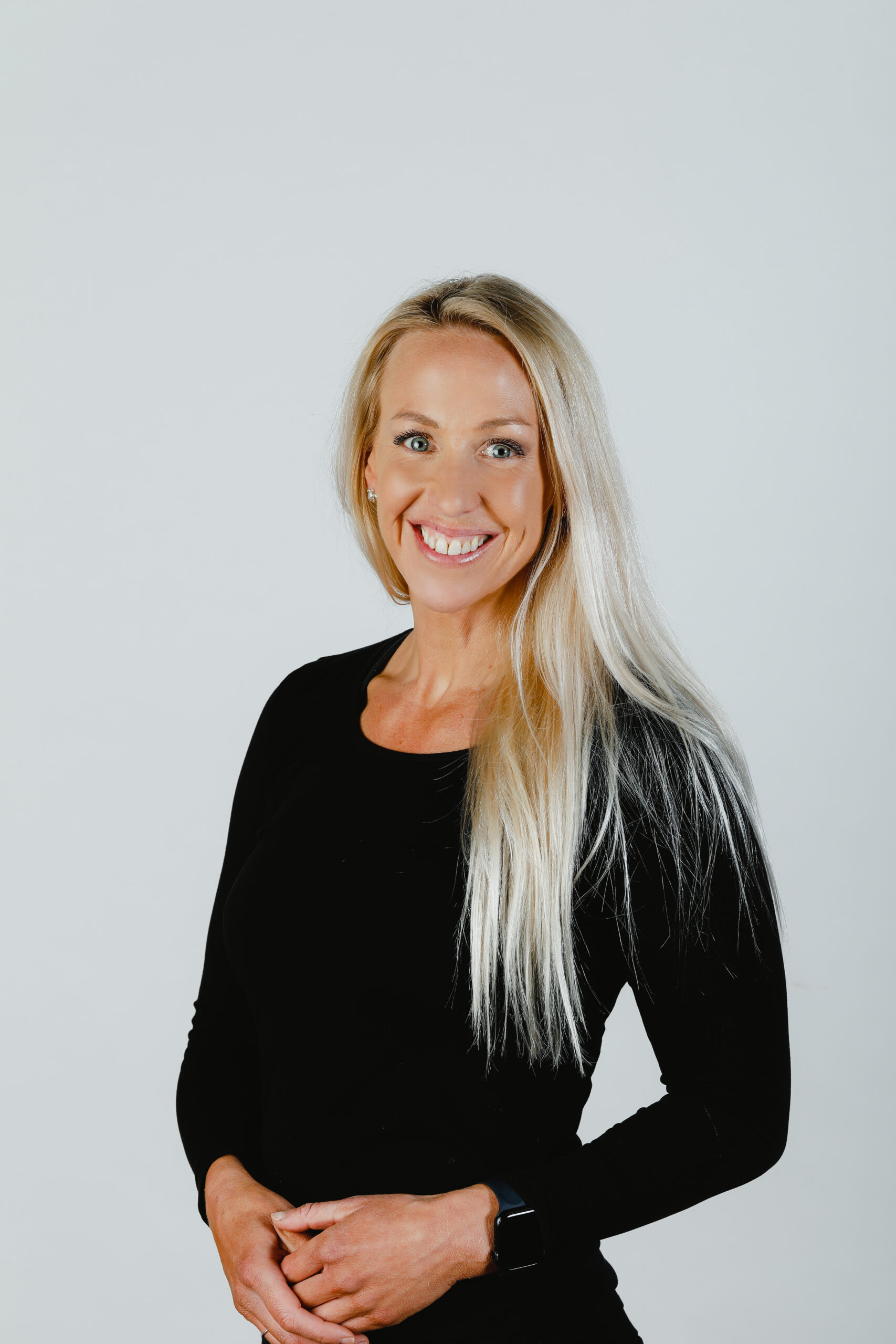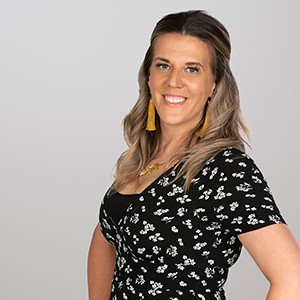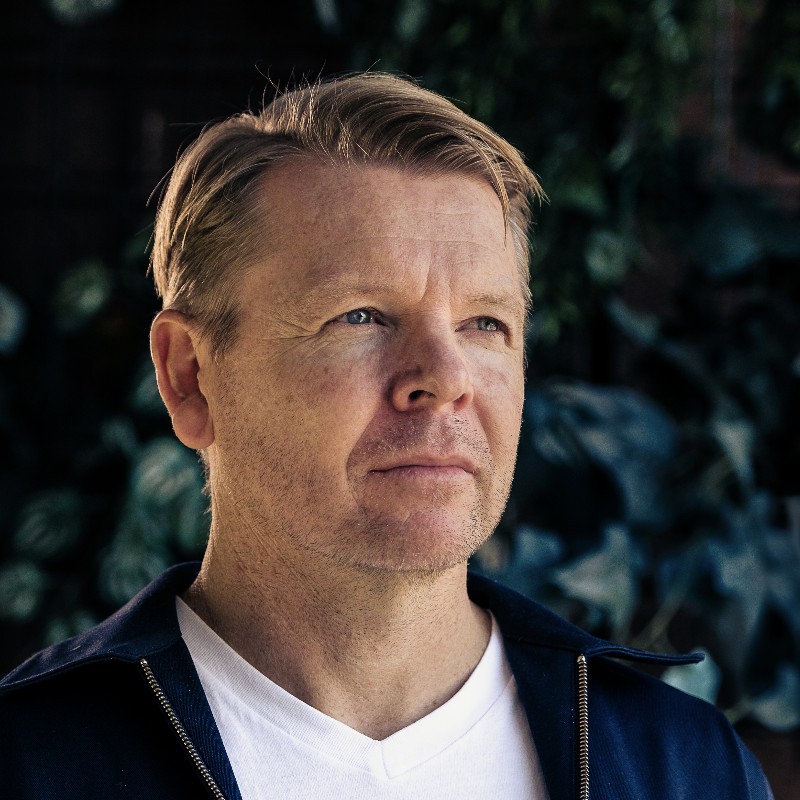Key Takeaways
- Extended breaks are essential for personal and professional growth. They are not a luxury but a crucial investment in yourself, providing distance to gain a fresh perspective and shift your mindset from urgency to curiosity.
- Giving yourself space away from the constant grind allows you to think more expansively, rediscover your creativity, and view problems with new clarity.
- True renewal comes from time and space, not a short vacation. A long break gives you the chance to fully decompress, reconnect with yourself, and find a sense of purpose again.
- The most valuable part of a break is human connection, not curated experiences.
In a world that celebrates hustle and constant availability, the idea of taking a long break from work can seem, at best, self-indulgent and at worst, professional suicide. But after stepping away from my day-to-day work for over three months—part travel, part sabbatical—I returned more focused, inspired, and reconnected than I’ve been in years.
This wasn’t just a vacation; it was a conscious deceleration. A chance to reframe my relationship with work, rediscover creativity, and engage the world with curiosity instead of urgency. What surprised me most? How deeply this time cleared my mind, sharpened my thinking, clarified my goals, and rekindled my energy.
A long break is more than just time off
Most holidays are over before we truly unwind. But when you give yourself the gift of real time, and I mean at least three to four weeks or months, you shift from escape to renewal.
In my case, the trip was three and a half months long and spanned multiple countries. While the cultural immersion, breathtaking scenery, and rich history were all extraordinary, it was the space that mattered most. Without the noise of schedules, deadlines, and notifications, I began to hear myself think again, and I began to listen and observe more closely.
Restoring curiosity, rebuilding perspective
One of the first things I noticed was the return of genuine, open-ended curiosity. In work mode, curiosity is often transactional: focused on solving problems, closing gaps, and hitting KPIs. But on sabbatical, curiosity becomes expansive. It was no longer about outcome; instead, it was about exploration and being more receptive to all experiences and people.
This mindset shift was transformative. We asked questions, not to extract insight for work, but because the world is endlessly fascinating. We had time to read, ask why more often, and were given time to have conversations and meals, or just be quiet in the moment.
It was the kind of learning that doesn't come from books or courses, but from observation, reflection, and being fully present.
A sabbatical with a purpose
Although much of the journey was dedicated to rest and travel, a portion was anchored in something more structured. As part of a research sabbatical, I interviewed reputation experts around the world for a paper titled The Future of Reputation 2030. These conversations, held in cities across several continents, allowed me to explore a topic I care deeply about while keeping my mind engaged but not overloaded.
This wasn’t “work” in the traditional sense. It was invigorating without being stressful. I spent a few hours a week immersed in meaningful dialogue with some fascinating people, which left me energised.
It reminded me that disengagement doesn’t have to mean disconnection. You can continue contributing and growing while freeing yourself from the rigidity and pressure of your usual routine.
The magic of human connection
We were blessed with the kinds of moments that make travel unforgettable–the extraordinary food, the natural beauty, and centuries of culture. But the true highlights weren’t found here.
Instead, they were found in people.
Meeting up with friends and family across countries, sharing meals, laughter, and stories, was what gave the journey its soul. Whether it was a spontaneous reunion with an old friend, making new friends or a long-awaited dinner with family, these moments added richness that no itinerary could plan.
In the end, it wasn’t the places we saw, it was the people we were with that made it so memorable. It was a valuable reminder that at the heart of everything meaningful lies connection.
Creativity needs space
As the weeks passed, a surprising clarity began to emerge. Without the constant grind, I was able to see my professional life with fresh eyes. What once felt urgent now seemed unimportant. What had been on the back burner creatively began to reassert itself.
Ideas came more freely. Strategies that had been stuck became obvious. And decisions, personal and professional, suddenly became clearer. Creativity isn’t just about thinking harder; it’s about thinking differently. And for that, we need breathing room and a clear mind.
Long breaks aren’t just a luxury; they’re a creative imperative.
Why a career break matters for each one of us
We expect ourselves to be resilient, strategic, and visionary. But how can we be if we are constantly operating at full tilt? Recovery, perspective, and reinvention don’t happen in the margins of 10-14-hour days. They require distance and time.
Long breaks, whether formal sabbaticals or extended personal time, give us all a chance to step out of the trenches and re-evaluate from the hilltop. They allow us to ask: What really matters? What needs to change? What could I/we do differently?
And they help us come back not just refreshed, but more human.
Making a long break possible
I understand that not everyone can step away for months. It requires planning and a shift in mindset from guilt toward personal investment. Time off isn’t wasted. It’s where perspective is cultivated.
For entrepreneurs and consultants, it might mean building systems that allow you to disconnect. For leaders inside organisations, it could mean negotiating structured sabbaticals or redefining what sustainable success looks like.
The key is this: don’t wait for a crisis or burnout to make the case for a break. Make the case proactively, while you still have energy to explore and perspective to gain.
Coming back changed
Returning home didn’t feel like resuming life. It felt like starting it afresh. Familiar things look different. Priorities have shifted. And work feels more purposeful again.
We are not meant to live in one gear. Life, like nature, works in seasons. There is a time for doing and a time for being. It’s a time to build, and a time to breathe. Taking a long break allowed me to honour that rhythm, and I’ll be better for it across every aspect of my life.
Latest.
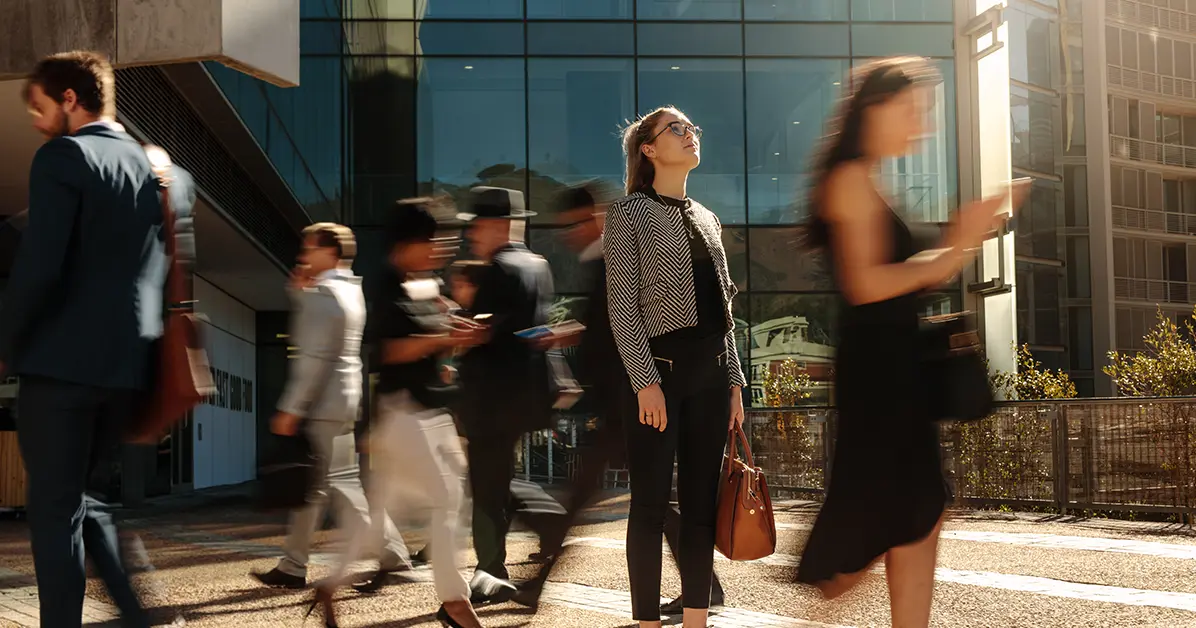
Hiring in Australia: 5 trends redefining our job market
Hiring Insights, Industry Trends, Ask Aquent, Leadership

How to avoid creative burnout and refill your creative tank (before you really need to)
Thought Leadership

AI adoption failing isn’t the tech, it’s the people. How smart businesses overcome this.
Technology, Thought Leadership, Industry Trends
